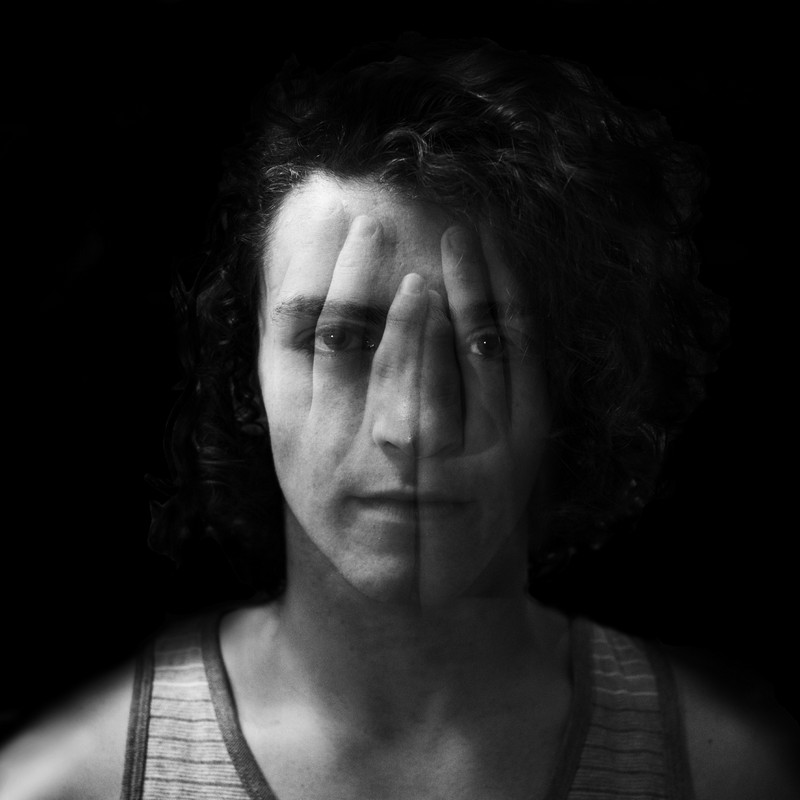
Depersonalization occurs in many psychiatric states but its origins are unknown. It is suggested that feelings of unreality may be unusually common in adolescents. Certain speculations are offered concerning the genesis of a sense of unreality. The neurophysiological mechanisms governing the perception of ‘familiar’ or ‘strange’ are seen to be the key to this experience. They involve the matching of events in the outer world against inner organizations of previous experience.
These mechanisms are likely to be disturbed through epilepsy or other disorders of the temporal lobe, in which abnormal perceptions of strangeness and familiarity are frequently found. It is suggested that the matching process extends to include social situations, and that where an individual’s identity is undeveloped or fragmented a sense of strangeness may result.
The concept of identity is briefly discussed in order to distinguish it from ‘self’ and ‘ego’, and to intimate its possible fragmentation in adolescence. Finally, some reference is made to management and, in particular, to the use of the peer group.
Derealization is one of a range of symptoms coexisting in a panic attack. Some youth who have panic attacks don’t experience derealization but for those who do, it can cause them to think, “I’m going crazy,” or, “Something is horribly wrong with me.” Fortunately, they are not going crazy and probably are quite healthy.
The following list includes some of the more common sensations that can be experienced during an episode of derealization:
- Distorted perception of time, space and size of things around you
- Feeling of unreality from the world around you, as if in a dream or trance
- Feeling like everything is foggy, fuzzy or warped
- Sense of being disconnected from those around you as if you’re trapped in a bubble
- Thoughts of going crazy or being very ill
